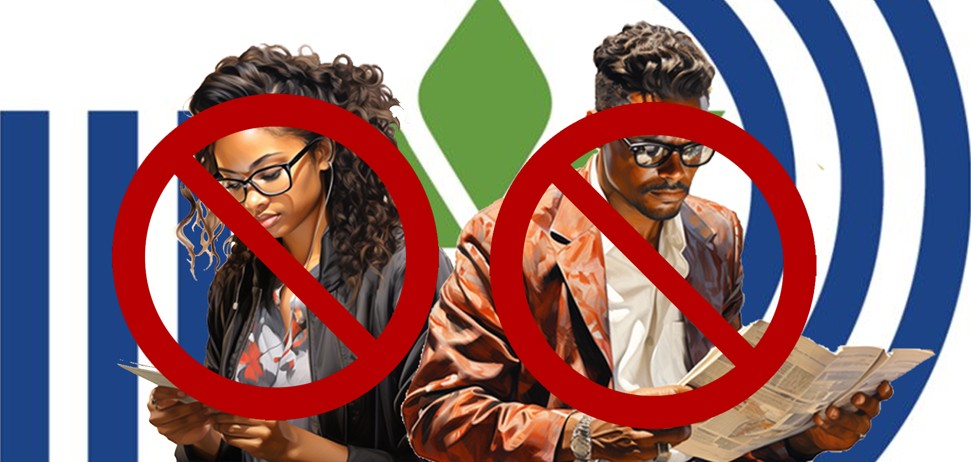In January of 2023, the City of Dallas reached out to minority newspapers to request a service agreement. The purpose of the service agreement was to establish a rate for any future advertising campaigns to streamline the process of securing and paying for multicultural advertising.
The North Dallas Gazette approved a discounted rate for the City and executed an agreement in March of this year.
After numerous attempts to retrieve the agreement, NDG’s office was informed the document was being held at a city attorney’s office as of late October of this year. Now held up for nine months, the agreement remains unsigned, meaning the minority publications, which serves Dallas minorities, cannot be considered for ad space.
The City’s stonewalling since March of 2023 and its failure to execute the agreement begs the question of whether the City is really interested in engaging the minority community?

Dallas City Council reflects the diversity of Dallas to a great extent, with seven of its 14 City Council members either Hispanic or Black, including Jesse Moreno, Zarin Gracey, Carolyn King Arnold, Jaime Resendez, Omar Narvaez, Adam Bazaldua, and Tennell Atkins.
The extent of this representation is of course dependent on how politically active the people of Dallas are, and how well their voices are being heard. To a larger extent, said representation will depend on how effectively governing bodies disseminate information to the various neighborhoods in Dallas.
The minority press wants all Dallas residents to see news and information that is relevant to them. We want to notify them of events in their communities and tell them of opportunities that could stimulate and enrich their lives. The goal of the minority press is to keep all Dallas citizens informed, represented and engaged.
Smaller newspapers like minority paper publications often face budget challenges, and they tend to lack advertising campaigns to get needed information out.
When cities focus their advertising budgets in large publications, like the Dallas Morning News, minority communities are left out of the loop and fail to receive information about community events and opportunities their City has for them.
Dallas citizens, represented by a wide variety of cultures and preferences, have been deprived of information that is relevant to them and information that could improve their lives for the better.
While in the Texas legislature, Mayor Eric Johnson worked to help the Dallas minority press. He pledged his support during his mayoral run, yet turned his back on the community press as Mayor.
Though, through its Minority/Women Business Enterprises certification, the City of Dallas claims to have a policy of ensuring minority businesses have opportunities to compete for City’s contracts, the City is falling short in communicating with Dallas minorities through the local minority press.




